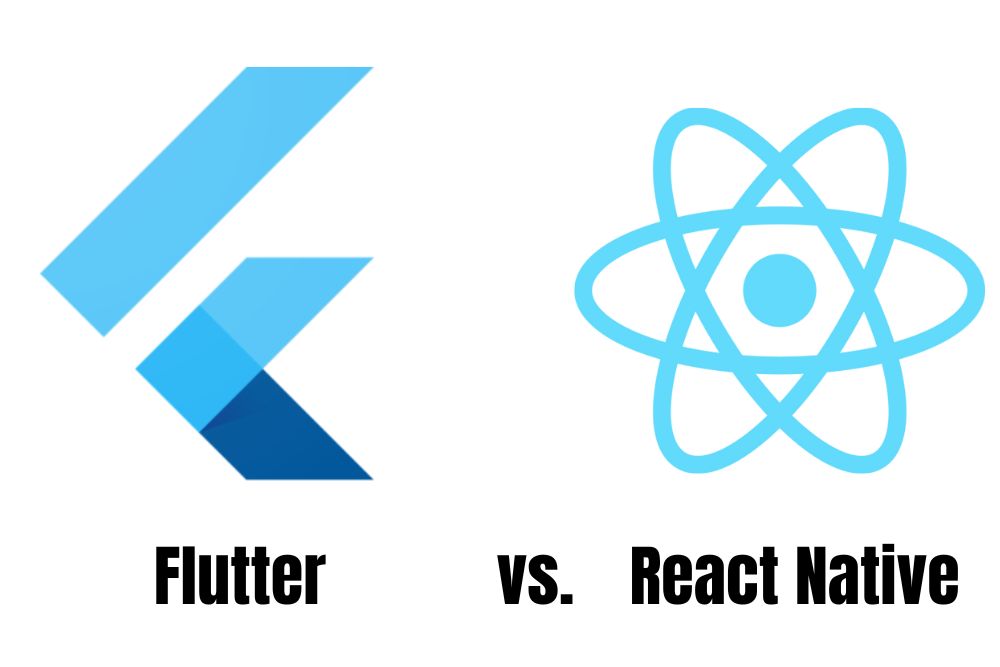You’re here because you need to build a hybrid app and don’t want to waste time (or money) choosing the wrong tech. The internet is full of biased takes, outdated comparisons, or overly polite summaries that don’t help anyone.
So here’s the real deal: Flutter vs React Native, what actually matters in 2025 — and which one you should pick based on your goals, team, and sanity.
1. Performance: Flutter’s Not Playing Around
Talking about Flutter vs React Native, Flutter wins here. No sugarcoating it. It doesn’t rely on native components or some bridge to render things. It draws its own UI using Skia (or now Impeller), which means smooth animations, fewer glitches, and better control over how things look and feel.
React Native has gotten better (thanks to Fabric), but the JavaScript bridge is still a performance bottleneck in more complex apps. Simple apps? Sure, it's fine. But if you're building something with a lot of custom UI, heavy animations, or real-time updates, Flutter handles it better.
Verdict: Flutter takes this round, hands down.
2. Developer Experience: Depends on Who’s Coding
If your team knows JavaScript or has worked with React, React Native is a comfortable, low-friction start. You’ll ship faster early on. You get the benefit of the JS ecosystem, Expo, npm libraries, etc.
But if you’re building from scratch — or you're prioritizing clean architecture, native performance, and consistency — Flutter is extremely developer-friendly. Dart may not be trendy, but it’s stable, fast, and easy to pick up.
Flutter’s “everything is a widget” approach feels weird at first, but after a few days, it just makes sense. Hot reload works like magic, and the tooling is solid.
Verdict: React Native wins if you already have JS/React talent. Flutter wins for smoother long-term dev flow when talking about Flutter vs React Native.
3. UI & Look: Consistency vs Authenticity
Flutter gives you complete control over the UI. It looks the same on Android, iOS, web, and desktop — no surprises. If your app needs a specific look or follows a design system closely, Flutter makes that easy.
React Native taps into the platform’s native UI components. That means the app feels “right” on each device — but it also means dealing with inconsistencies and edge cases between platforms.
Verdict: Flutter for consistent design; React Native for native feel.
4. Ecosystem & Libraries: React Native Is Still Bigger
Talking about Flutter vs React Native, this one’s not debatable. React Native has a massive ecosystem, years of community contributions, tons of third-party libraries, and more experienced devs on the market.
Flutter is catching up fast, and a lot of core plugins (like camera, maps, and auth) are now stable. But if you’re working on something with unusual dependencies, React Native probably has a library for it already.
Verdict: React Native remains ahead in ecosystem size and maturity, making it a strong choice for startups and tech-focused firms — including those in rapidly growing markets where a
digital marketing company in Kolkata might prefer React Native for its faster development cycle and plugin availability.
5. Testing, Maintenance & Updates
This one surprises a lot of people: Flutter is way easier to maintain.
Flutter apps are more stable across versions, and Google’s release process is smoother. The testing tools are built-in and reliable (unit, widget, integration — all covered).
React Native projects often run into version conflicts, deprecated packages, or plugin issues during upgrades. The community is helpful, but the headache is real.
Verdict: Flutter for long-term stability and easier testing.
6. Time-to-Market & Cost
Talking about Flutter vs React Native, both frameworks save money by using one codebase for two platforms. But your speed depends on your team.
- Got a JS dev team? React Native is faster to launch.
- Need a pixel-perfect UI app or something that scales well? Flutter will save you time in bug-fixing and QA down the line.
In our experience at Webtechomind, apps built in Flutter often need fewer post-launch fixes, which means lower long-term costs.
Verdict: It’s a tie, depending on who’s building it.
Real Talk
If you're a startup or business trying to make the right tech call, don’t overthink it. Both Flutter and React Native can work, but picking the right one for your team and product goals can save you months of stress.
Talking about Flutter vs React Native, if you’re starting fresh and your app is design-heavy or multi-platform, go with Flutter. If you’ve got a JavaScript team and want to ship fast with familiar tools, React Native is a strong option.
Still not sure? At Webtechomind, we help startups pick the right tools based on what actually matters: speed, budget, scalability, and user experience.
Contact our expert now.
